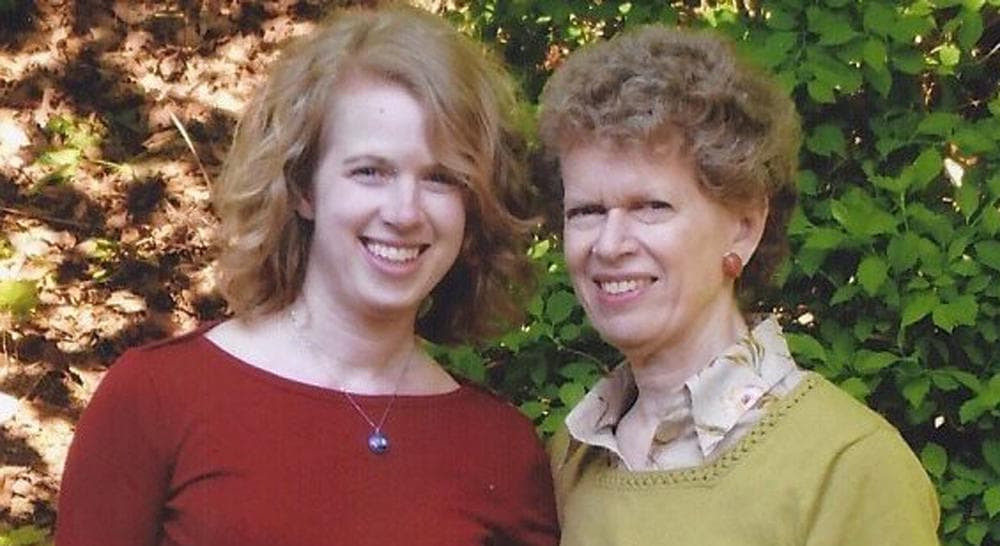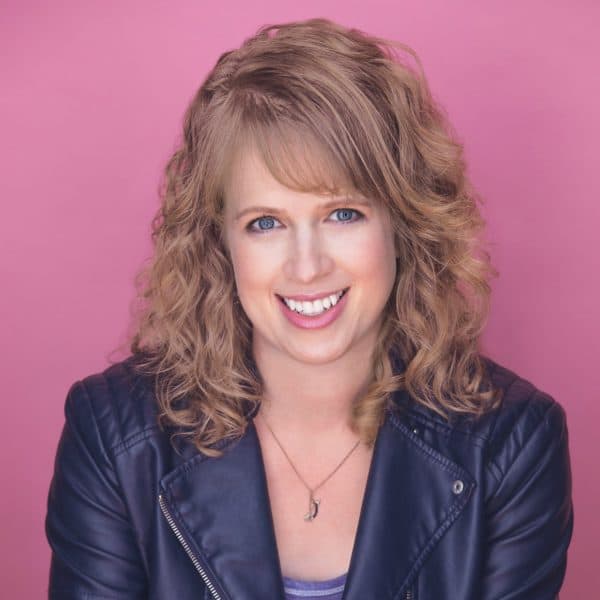Advertisement
The Power Of Knowing: A Daughter Who Chose BRCA Gene Testing, Against Her Mother's Wishes

When Angelina Jolie explained in The New York Times her decision to take action after discovering she carried the BRCA-1 mutation, I saw on social media so many women asking each other, "Would you undergo genetic testing?" Many expressed anger at Myriad (the company that owns the patent), at insurance companies (several do not cover the cost of the test), and at doctors they believe hold assumptions about organ removal. While some cited how removing one’s organs could shorten or alter their lives, as could cancer itself, others judged individual preferences as “right” or “wrong.”
I was reminded of my mother's reaction to my own decision to get tested, to know.
My mother always told me, “Knowledge is power.” But when it came to her doctor’s recommendation to undergo an MRI to determine what the white spot was on her routine pelvic ultrasound in February 2010, my mother stuck her head in the sand.
All I knew was that to me, this was a matter of life and death, and I wanted to acquire whatever information I needed to protect myself, and my future. I wanted to save my life.
“I told them I couldn’t do it,” she explained five months later when she disclosed this information to me, long after she’d developed the physical symptoms of ovarian cancer. “I’m claustrophobic,” she rationalized. “I can’t tolerate feeling like I’m in a coffin.”
That July, a surgeon removed several quarter- and dime-sized tumors from my mother’s body, along with her ovaries, fallopian tubes, uterus, two lymph nodes, and part of her omentum. At the age of 65, she was diagnosed with Stage IIIC ovarian cancer and tested positive for the BRCA1 gene mutation.
Over the course of the next several months, with each new hospital visit and body scan, my mother revealed only the barest of facts. She became angry when I asked questions.
“You always have to know the whole story,” she said. “I need to handle things piecemeal, otherwise I won’t be able to function.”
Doling out information was, for her, self-protection.
When my gynecologist learned of my mother's condition, she recommended I seek genetic testing. I didn’t hesitate. I made an appointment with a cancer prevention clinic associated with a major Boston hospital. I was told to bring a copy of my mother’s BRCA test results with me. When I asked my mother to send me the information, she resisted.
Advertisement

“What will you do if you have the mutation?” she demanded. “Will you have your breasts and ovaries removed?”
“I don’t know,” I said. I really couldn’t imagine what I would do, not yet. All I knew was that to me, this was a matter of life and death, and I wanted to acquire whatever information I needed to protect myself, and my future. I wanted to save my life.
“It’s all a business, this testing,” my mother practically spit over the phone. “They can find a pill to fix erectile dysfunction but they can’t find an adequate test to detect ovarian cancer?”
I listened to her express her rage. I thought it made her feel strong, though I saw her becoming weak. Behind her anger, I sensed the more raw emotion she wasn't articulating: an unbearable fear that she might have unwittingly passed along her fate to me.
The fear I had but didn’t share was of the unknown: Had I inherited the BRCA mutation? Would I end up just like my mother?
“I don’t want you to have to deal with this,” she said before finally agreeing to share her results. But by now it was too close to my appointment for my mother to mail me the information I needed, so she read the test report to me over the phone.
“187DELAGBRCA1,” she enunciated the numbers and letters as I wrote them on a piece of paper. Her voice was clear and sober. “Deleterious. Deadly.”
A few days later, as a prerequisite for my genetic test, a simple blood draw, I had a one-hour meeting with a genetic counselor.
“There’s a 50 percent chance you have inherited this mutation,” the counselor said. “It’s the flip of a coin.”
The flip of a coin. Yes or no. Life or death.
If the test was positive, management would include surveillance — ovarian ultrasound, the cancer-marker CA-125 test every six months, annual mammogram, yearly breast MRI, a clinical exam twice a year, prophylactic mastectomy, chemoprevention, and ovarian removal “after you have your children,” the counselor stated, “between the ages of 35 and 40.”
I was 36, and single.
“By deciding to take this test you can forge a different path,” the counselor said. “One of knowledge.”
Behind her anger, I sensed the more raw emotion she wasn't articulating: an unbearable fear that she might have unwittingly passed along her fate to me.
I went through with the blood test. If my mother were in my shoes, I don't know if she'd have done the same. But that’s okay. For some, it’s too much to know.
I loved my mother — but I didn’t want to carry the same legacy. As it turned out, I didn’t carry the same mutation.
My test came back negative.
My mother’s cancer was resistant to chemotherapy and spread, the aggressiveness and extensiveness of which she kept to herself to the end. When she died on Labor Day 2011, I found in her tote bag a thick manila folder containing the details of a year’s medical records, surgeries, and test results: I came into possession of what I hadn't known. If I had known everything earlier, I might've made different choices about helping my mother, about spending time with her before the opportunity was gone.
When we have access to information, we have the power to make decisions that can affect our lives and those of our loved ones. If I'd tested positive as Angelina Jolie did, I would've taken preventive measures. But that doesn't mean I believe everyone should. It's a person's prerogative to know information about her body, and to do with her body — and life — as she decides is best. That's something no one can judge.
Related:
